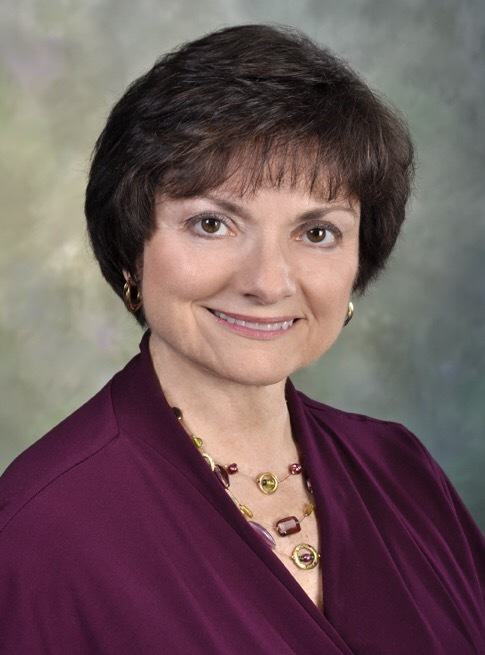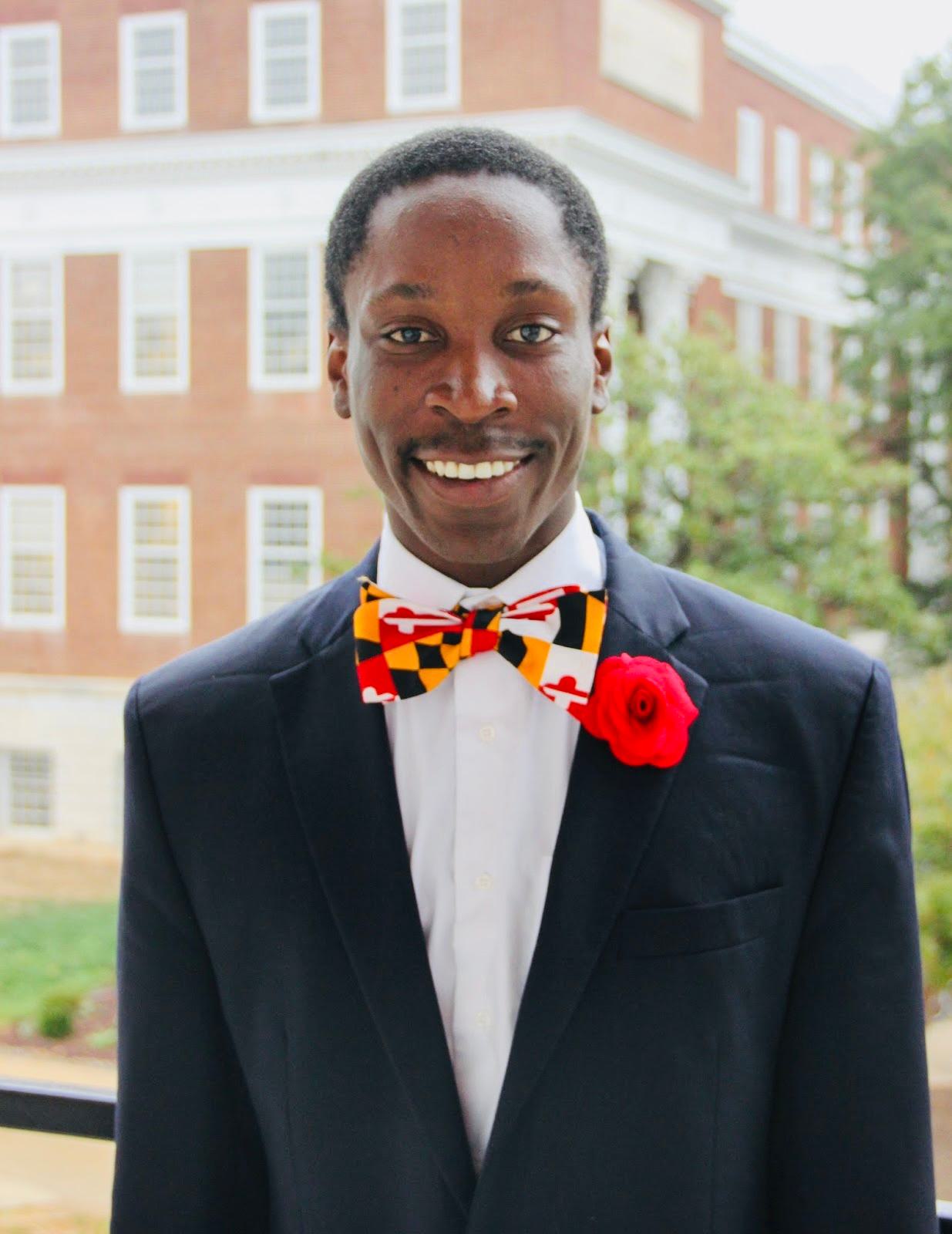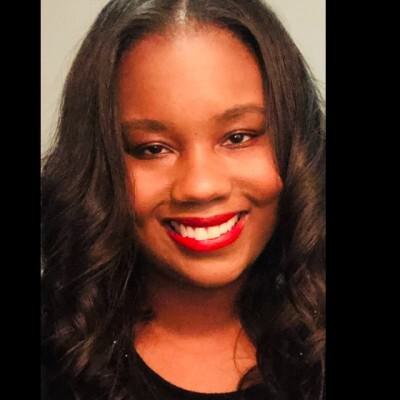Alumni Excellence Awards: Legacy Award Recipient Sue Bredekamp ’72, ’76, Ph.D. ’85
Alumni Excellence Awards: Legacy Award Recipient Sue Bredekamp ’72, ’76, Ph.D. ’85

By Andrew Faught
In history books that tell the story of early childhood education in the United States, Sue Bredekamp ’72, ’76, Ph.D. ’85’s name is written large.
She’s the primary author and editor of “Developmentally Appropriate Practice in Early Childhood Programs,” the National Association for the Education of Young Children’s (NAEYC) text that continues to inform educators about the most effective teaching practices for children from birth through age 8. The book, now in its fourth edition, was and is one of the most influential treatises on the unique learning and developmental needs of young children.
Bredekamp developed the NAEYC’s national accreditation system for high-quality early childhood education programs, which sets standards that promote positive development and learning outcomes for young children though a balance of playful, hands-on, engaging experiences and intentional teaching, rather than excessive teacher-directed instruction.
“Early brain research has demonstrated that what happens in the early years is the foundation for everything that follows,” says Bredekamp, also the author of “Effective Practices in Early Childhood Education: Building a Foundation.” “Children’s brains are developing rapidly, and it’s very important for educators, families and policymakers to understand.”
President Lyndon B. Johnson’s “War on Poverty” – and the resulting Head Start program, a comprehensive program for children and families experiencing poverty – shone a light on the learning and developmental needs of young children. With increasing numbers of women in the workforce in the 1970s, the need for high-quality childcare focused additional attention on the cognitive, social and emotional development of all young children. At that time, early childhood education was still in its infancy. Many states didn’t even require kindergarten. As the demand for quality childcare increased, so did the need for well-qualified early childhood educators.
“Early childhood education was initially propelled by the need for services for children and families experiencing poverty,” says Bredekamp, who lives in the Washington, D.C. area, and is a consultant on curriculum, teaching, early literacy and professional development. “As the value of early education became more widely understood, public schools began serving 4-year-olds, with almost every state now funding public preschool.”
Research on the long-term benefits of high-quality early childhood programs, as well as brain research, fueled increased investment and expansion of early education, she notes.
After earning her undergraduate degree in English at Maryland, Bredekamp wasn’t sure of a career. She volunteered in a Sunday school classroom, which motivated her to become a preschool teacher. Her interest grew from there. She went on to obtain a master’s in early child education and a doctorate in curriculum and instruction from UMD.
While working on her doctorate, Bredekamp completed an internship at the Head Start Bureau which led to her position at NAEYC, the world’s largest organization of early educators. From 1981-1998, Bredekamp was NAEYC’s director of accreditation and professional development, where launched the organization’s Professional Learning Institute.
UMD has an important voice in the conversation, Bredekamp says. The university’s laboratory school, the Center for Young Children, offers high-quality education to young children, while simultaneously serving as a model program for conducting research and preparing future educators.
But there remains a formidable challenge. Most early childhood are inadequately compensated compared to their peers in primary and secondary education, which makes it difficult to recruit and retain qualified educators. Additionally, while access to preschool education has expanded, Bredekamp says program quality varies widely. But she’s optimistic, given the progress that’s been made.
“When I first came into the field, I never would have believed that we would have widespread public awareness of the vital importance of the early years, public schools offering preschool,” she says. “We’ve come a long way.”

The Maryland Awards: Meet This Year's Honorees

Alumni Excellence Awards: Rising Terp Recipient Rick Marving Tamno ’17, ’20

Alumni Excellence Awards: Legacy Award Recipient Dorothy Weinstein ’84

